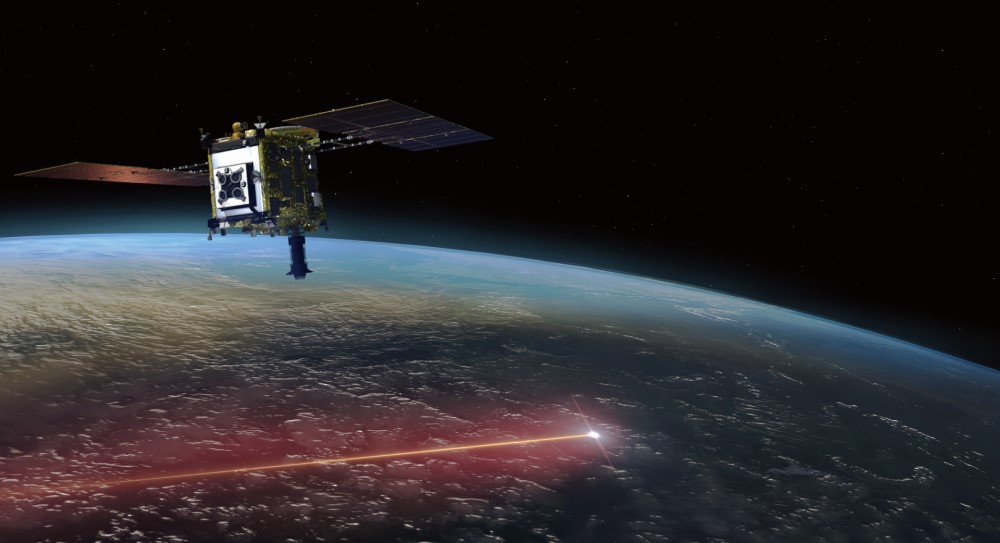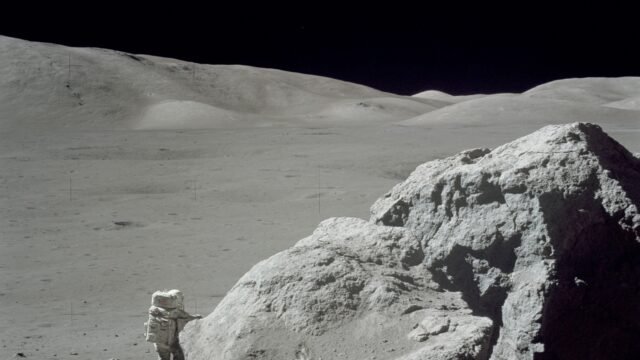Private companies, including startups with advanced initiatives, are increasingly joining Japan’s space industry, the sector was previously a government-led business domain.
The global space market is expected to reach $1 trillion by 2040, Japan’s space industry is worth approximately JPY1.2 trillion, and the Japanese government has set a vision to double it to JPY2.4 trillion by the early 2030s.[1]
This vision includes the fusion of space with new technology domains, collaboration with other industries, and promoting space ventures.
History of Spaceflight in Japan
In 1990, Toyohiro Akiyama became the first Japanese person to fly into space, spending six days in the Mir space station.
Mamoru Mri and Naoko Yamazaki flew aboard NASA’s Space Shuttle in 1992 and 2010. Koichi Wakata has flown in space five times since 2000 and has stayed there for 504 days.
Yusaku Maezawa became the first Japanese private citizen to fly into space in 2021.
The Japan Aerospace Exploration Agency (JAXA) recently conducted the first selection examination for new astronaut candidates in 14 years, with Makoto Suwa and Dr. Ayu Yoneda being selected, both may go to the Moon in the US-led manned lunar mission ‘Artemis’ in the future.
Growth of Private Interest in Japan’s Space Industry
NYK Line, Sompo Japan, ENEOS Holdings, Kyocera, Mitsubishi Logistics, and security company LAC have announced their participation in the Deloitte Tohmatsu Group’s space-related business program GRAVITY Challenge JP.
The program aims to develop new services in the space industry by connecting large Japanese companies and government agencies with startups, universities, research institutions, and other organizations.
NYK Line plans to use sanitary data to improve the safety and efficiency of ship operations and reduce environmental impact.
Sompo Japan plans to collaborate with a startup that develops risk management services for space travel operators and travel insurance for space travel companies.
The selection of startups and research institutions is now underway intending to start preparations for commercialization in the Autumn of 2023.
Startups are Driving Japan’s Space Industry
There were only ten space startups in Japan five years ago, today, there are more than 50 spearheading the growth of Japan’s space industry.
GITAI, a Japanese startup developing autonomously controlled robots for space, has a grand vision of reducing the cost of work for astronauts to one-hundredth of that with a general-purpose robot.
The company signed a contract with NASA in 2021 to conduct successful experiments on the ISS, these include assembling solar panels using the S1 robotic arm developed by the company.
The company is also developing a lunar robot rover that can conduct scientific experiments and assemble solar panels and other equipment on the lunar surface.
Infostella, engaged in networking and installation support services for satellite ground antennas, has established a ground station site in Taiki Town, Hokkaido, to install and operate the antennas.
Public-private Partnerships are Key to Sustainable Space Business
The first lunar landing mission of Japanese startup Ispace failed, but efforts to develop further opportunities in space continue.
However, it will only be possible to maximize the results of these efforts with the public and private sectors working together to achieve sustainable development.
Astronaut Matthias Maurer, who participated in the World Economic Forum’s Davos Agenda in 2022 live from space, said: “We need to take measures to make sure that space is clean and accessible also in the future for everyone, because you will not want to live in a world where space is no longer accessible. Our economy, our daily lives, depend way too much on everything that we have here in space.”
References
- Naoko Kutty, ‘How Japan’s space industry is seriously gaining momentum’, The World Economic Forum, 5 June 2023, https://www.weforum.org/agenda/2023/06/see-how-japan-s-space-industry-is-gaining-momentum/[↩]





